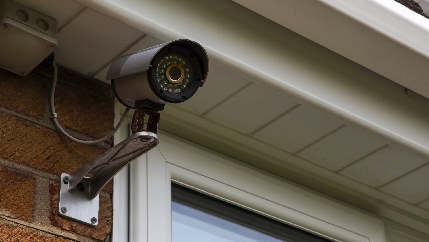
Coronavirus (Recovery and Reform) Scotland Bill
Following a 12-week consultation process held between July and November 2021, the Scottish Government has introduced a new Coronavirus (Recovery and Reform) Scotland Bill, which proposes changes in 30 specific legislative areas which were modified by temporary provisions introduced under Scottish and UK Coronavirus legislation.
Significantly, the Bill also contains provisions that, once enacted, will make all eighteen grounds for possession discretionary on a permanent basis, meaning every claim for possession will be subject to the judgement of the First Tier Tribunal, and an eviction order will only be granted where the First Tier Tribunal agrees that the ground exists.
Maintaining pre-eviction protocols relating to rent arrears in the private rented sector is one of the proposed measures that will be debated by Members of the Scottish Parliament. It is aimed at ensuring tenants have all the information they need about their rights and placing more responsibility on landlords to ensure correct procedures are followed.
However, the Bill may not have fully considered the impact this will have on the PRS in Scotland. The measures may also apply further pressure on the tribunal system to handle the additional caseload meaning further delays, costs and risks for all parties.
Another criticism is that the ‘reasonableness test’ in every case has the potential to create yet more uncertainty, and the likelihood of inconsistent judgements is high.
The Bill’s other proposed measures include:
- maintaining provisions that enable Scottish Ministers to enact measures via public health regulations for any future public health threats, bringing Scotland into line with England and Wales where these powers are already permanent
- a temporary extension to statutory time limits for criminal proceedings and the allowance for some procedural hearings to be held over audio or video link, to help manage the backlog of cases arising from the pandemic and ensure cases can continue to be heard, through greater flexibility in the programming of court business
- adjusting the minimum debt level that an individual must owe before a creditor can make them bankrupt from £10,000 to £5,000, up from £3,000 pre-pandemic
- giving licensing boards the flexibility to be able to hold remote hearings, where they consider it appropriate
Pre-action requirements brought in on a temporary basis are also to be made permanent under the Bill. These place additional responsibilities upon landlords to ensure that tenants in arrears have sufficient access to information and support before a notice to leave can be served on the ground of rent arrears.





